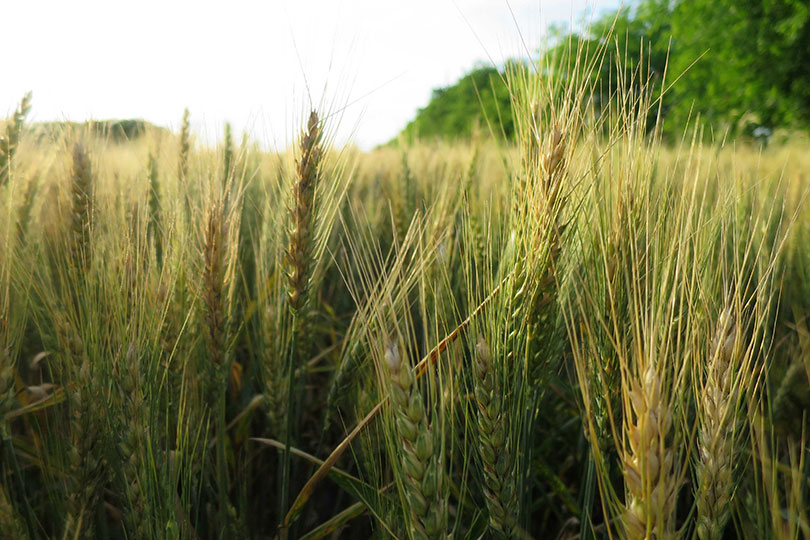The Paycheck Protection Program and Health Care Enhancement Act, HR 266, recently passed by Congress provides additional resources to the Small Business Administration (SBA). Small businesses, including farmers and ranchers, can begin submitting loan applications today.
The bill replenished the Paycheck Protection Program (PPP) with an additional $310 billion and increased the authorization level of the emergency Economic Injury Disaster Loan (EIDL) program by another $60 billion. The bill also makes agricultural entities eligible for EIDL loans.
Click here for more information and application details on the PPP loans.
The loans are available on a first-come, first-served basis.
According to SBA, the loan will be fully forgiven if the funds are used for payroll costs, interest on mortgages, rent and utilities (due to likely high subscription, at least 75 percent of the forgiven amount must have been used for payroll). Loan payments will also be deferred for six months. No collateral or personal guarantees are required. Neither the government nor lenders will charge small businesses any fees.
PPP applications for self-employed and independent contractors, which is how most farmers and ranchers are categorized.
“We are very thankful to our legislators for hearing the concerns of the agricultural community and addressing them,” Texas Farm Bureau (TFB) National Legislative Director Laramie Adams said. “The Paycheck Protection Program is a lifeline for small businesses of all kinds right now, but farmers and ranchers had issues utilizing this program in the first round. We are pleased some of these issues are now addressed to help more of our hardworking farm and ranch families receive access to SBA programs.”
HR 266 includes agricultural enterprises for EIDL loans.
“Getting access to EIDL is a big deal, because that opens up additional relief to farmers and ranchers,” Adams said. “And while Congress specified the program was for any small business with less than 500 employees, it didn’t get interpreted that way, and we’re pleased to have that corrected. Any amount that can help farmers and ranchers stay afloat until the economy reopens is critically needed.”

